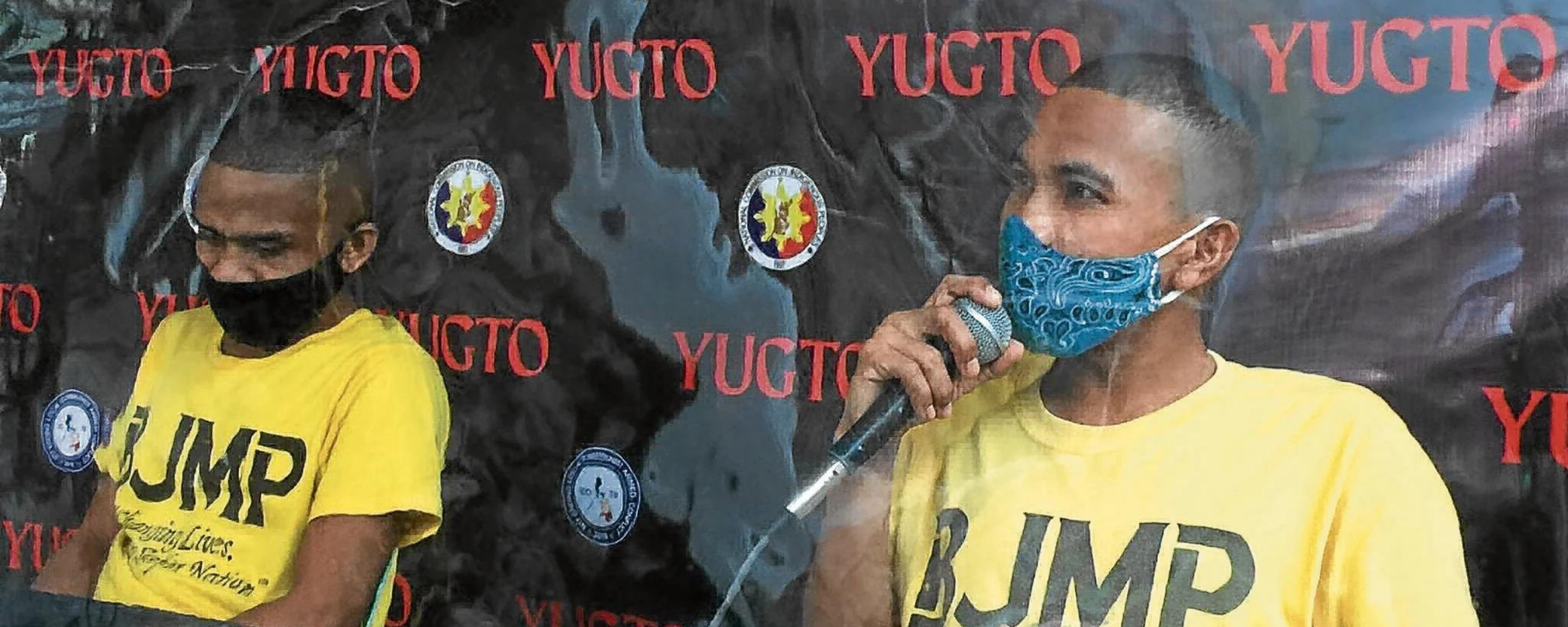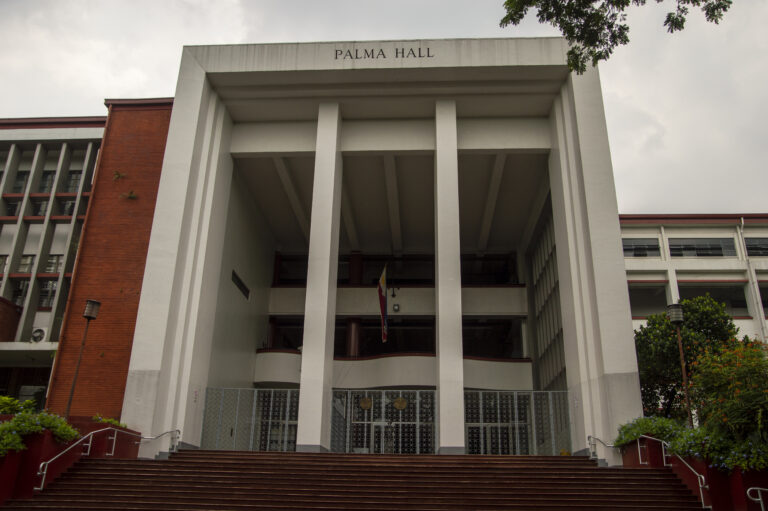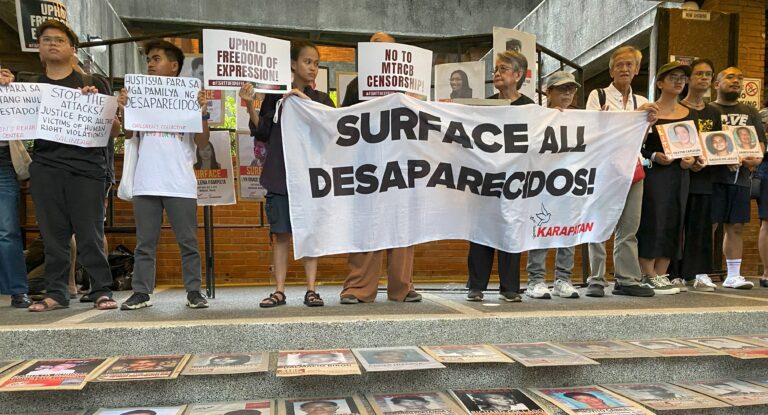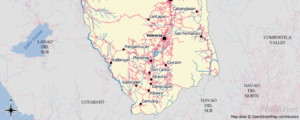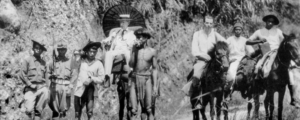
“To protect life, liberty, and property from terrorism.”
According to Republic Act No. 11479 passed on July 3, 2020, this was the supposed goal of the infamous anti-terror law, replacing the Human Security Act of 2007 to address the extremism and violence in the country.
But when the only two official cases filed under this law are against farmers in the countryside, is it not only fair to ask whose lives are truly protected by the law in the first place?
The First “Violators” of the Anti-terror Law
Two Aetas in Zambales, Japer Gurung and Junior Ramos, were the target of the first public case under the anti-terror law. On August 21, 2020, the two were accused of being members of the New People’s Army (NPA) and allegedly shooting soldiers in Barangay Buhawen, San Marcelino, Zambales, leaving one of the soldiers dead in their encounter.
Gurong and Ramos, who are 30-years old and 19-years old respectively, planted taro, corn, and rice for a living in their ancestral village in San Marcellino, Zambales. Gurong said that this was the only thing they knew how to do, as they both admitted to not being able to read or write.
According to NUPL president Edre Obalia, Gurung and Ramos were charged with terrorism and declared to a lifetime sentence to imprisonment which, under Section 4 of Republic Act. 11479, is non-bailable. She also said that the two Aetas were also charged with other criminal complaints such as the illegal possession of firearms and explosives, murder, and attempted murder.
The two were detained in Olongapo City jail alongside their wives who were also charged for illegal possession of firearms and explosives.
Prior to their arrest, the two Aetas said that they were on their way home from the fields when they heard bursts of gunshots in the area. When they arrived home, they were faced with military men who told them to stay at home since it was “safer”. Despite the fear they were facing, the Aetas welcomed them and even cooked a meal for the soldiers which they all ate together before the army declared their arrest.
They also told the court that, during this time, the community of Aetas was already evacuating due to the continuous harassment and bombings they faced during the intense military operations in their ancestral lands.
The struggle of indigenous peoples in the Philippines and their right to their ancestral land has been a long-fought dispute over centuries, with tribes in the Zambales still unable to claim their land officially as their own as the local government refuses to provide them a certificate of ancestral domain. Due to this, they are often caught in crossfires in military operations or made to move from their lands because of the land developers who claim their land as their own.
In the petition written by their lawyers against the charges under the anti-terrorism law, Gurung even claimed that the soldiers tortured them into confessing to being part of the New People’s Army. The petition said that “The soldiers tied him up and repeatedly mauled him, placed him inside a sack and hung him upside down, suffocated him with a plastic bag and cigarette smoke over his head, and forced to eat his own feces.”
On July 15, 2021, almost a year after their wrongful detainment, the Regional Trial Court branch of Olongapo City finally dismissed the case against the two Aetas, stating that “the prosecution failed to discharge the burden of proving the identities of the accused as perpetrators”.
The NTF-ELCAC and the NCIP released a statement on June 17 regarding the dismissal of the case, which stated: “The decision has clearly shown that our justice system works, hears, and decides cases fairly, without fear or favor,” the statement read.
However, the trumped-up charges against the innocent Aetas with no one to be held accountable for their wrongful arrest pose the question as to whether or not the justice system truly listens to the marginalized with the lengthy process of the case’s acquittal.
Furthermore, the inhumane method of confession should not be treated lightly, and yet the NTF-ELCAC mentioned that they had no plans to pursue charges against the military and there was no mention of the consequences the soldiers would face for doing this to the accused.
It is ironic that the Aetas were accused of “spreading a message of fear” and causing “intimidation to the general public” when it was the military who tortured the Aetas and forced the indigenous community to flee from their ancestral lands.
Targeting Minority Groups
The following targets of the anti-terror law were Miguel Manguera, Fe Mariñas, Allen Mariñas, and Sherlito Casidsid, four farmers from Sablayan, Occidental Mindoro under the accusation that they were protecting NPA rebels from government troops and providing them with material support. They were arrested on July 5, 2021 in Sitio Buscad, Barangay Tuban.
Manguerra and Mariñas were also charged with illegal possession of firearms and explosives as the Philippine Army supposedly retrieved a homemade shotgun and an anti-personnel mine in their homes.
The arrests of the four farmers were also publicly announced online when their mugshots were posted on the Facebook page of the 76th Infantry Victrix Battalion. In their post, it stated that the information for their arrest came from a “concerned citizen” from Sitio Buscad, Barangay Tuban who said that there were NPA present in their homes.
But according to Karapatan Timog Katagalugan, the farmers were innocent as there was little evidence to support the cases, and because their families strongly condemned their arrests.
Furthermore, although not formally filed under the ATL, there have been many other cases of activists, indigenous peoples, and ordinary citizens who have fallen victim to state-sponsored killings and red-tagging. Kilusang Magbubukid ng Pilipinas said that they recorded 336 farmers who have been slain since the start of Duterte’s administration in 2016.
The attacks on national minorities have been ever-present during Duterte’s regime, but the cases filed under the anti-terror law prove that the law does not listen to the voices of the marginalized.
From repeatedly denying the torture caused to the two Aetas to the accusations of fake news to journalists and activists who expose the human rights violations of the administration, it becomes increasingly clear that the law only protects the interests of the military and the ruling class.�
Featured image courtesy of Joanna Rose Aglibot

